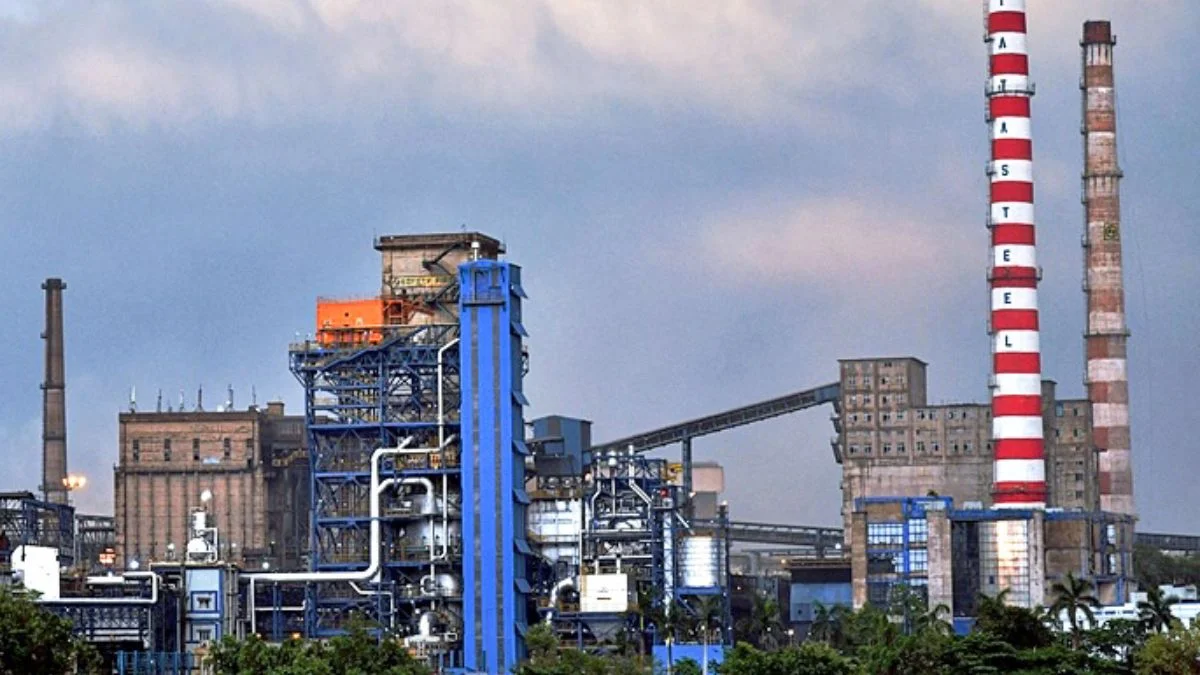Tata Steel may be required to pay over ₹17,000 crore in minerals tax dues to the state of Odisha. This comes after a recent Supreme Court ruling suggested that states might have the authority to retrospectively impose taxes on mineral extraction.
Key Points:
– Potential Tax Liability: ₹17,000 crore
– Legal Background:
– The Supreme Court ruled that states could impose taxes on minerals under the Mines and Minerals (Development and Regulation) Act, 1957.
– The court clarified that while royalty on minerals is not considered a tax, states have the authority to levy taxes and cess on land used for mineral extraction.

– Historical Context:
– The dispute dates back to the Orissa Rural Infrastructure and Socio-Economic Development Act, 2004 (ORISED Act), which took effect in 2005. This act imposed a tax on mineral-bearing land.
– In 2005, Tata Steel successfully challenged this tax in the Odisha High Court, which ruled that the state could not levy taxes on minerals.
– Odisha appealed the decision to the Supreme Court, which is now considering whether its ruling will apply retroactively or only moving forward.
Tata Steel’s Operations in Odisha:
– Tata Steel operates 10 mines in Odisha, including iron ore, chromite, and manganese mines. These mines are crucial for supplying raw materials for the company’s steel production in India.
Financial Implications:
– Tata Steel is awaiting further clarification from the Supreme Court to fully assess the financial implications of this potential tax liability.

